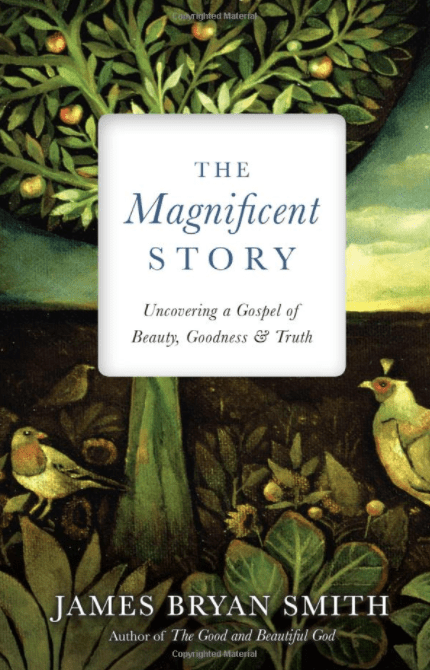 Scott Hahn’s essay in Christian Spirituality, a presentation of four views (Orthodox, Catholic, Liberal Prot and evangelical), is a tour de force — it captures it all through the lens of family, that is through covenant as establishing “kinship,” and that all means that Catholic spirituality is through and through ecclesial.
Scott Hahn’s essay in Christian Spirituality, a presentation of four views (Orthodox, Catholic, Liberal Prot and evangelical), is a tour de force — it captures it all through the lens of family, that is through covenant as establishing “kinship,” and that all means that Catholic spirituality is through and through ecclesial.
Before we go on the big question: How do you sum up Catholic spirituality? What do you think of? Who do you think of?
And here’s the rub:
Evangelical spirituality is not through and through ecclesial. It is through and through personal and individual, so this chp by Scott Hahn is an important signpost for evangelical Christians to read: here the evangelical will say “What about personal Bible reading? What about private prayer? What about personal devotion?” and Scott Hahn will not answer your questions except in subordinate clauses. The chp, in my view, needs more attention to the Catholic spiritual disciplines, which have become so influential among so many today, and to private spirituality, even if it reminds us of the ecclesial shape of Catholic spirituality. So, where’s the Fransciscan tradition or the Benedictine? St John of the Cross? St Teresa of Avila? St Catherine? I could go on.
In essence, Catholic spirituality is about sonship, or about learning to call God Father (and here Scott Hahn seems to be using a slightly outmoded approach to Jesus’ use of the term Father, but his approach probably still stands as the central theme of Jesus’ use of Father and of his contribution to the ongoing unfolding of God in the Bible). But the essence is about God making us part of his family, of our adoption in Christ (who is the Son). We become children in his sonship. In other words, it’s a life of grace.
If it is about sonship, it is also about the life of the Trinity in which the Catholic shares. Scott Hahn is steeped in Scripture so it is a welcome sight to most evangelical to see so much attention to the establishment of his points through Scripture. But this Trinity is a family and that family relation of Father-Son-Spirit is that life in which the Christian participate.
The Church is home and family. Communion of saints is as a family of God. Mary is the mother of all Christians since she shared her life with her son, etc. Suffering and death are part of the redemptive process.
In essence, Catholic spirituality is a sacramental worldview, in sacramentals — all of creation in some ways — but esp in the seven sacraments. But, especially then also in Baptism and Eucharist. (He avoids ramping up the discussion with real presence and transsubstantiation.)










